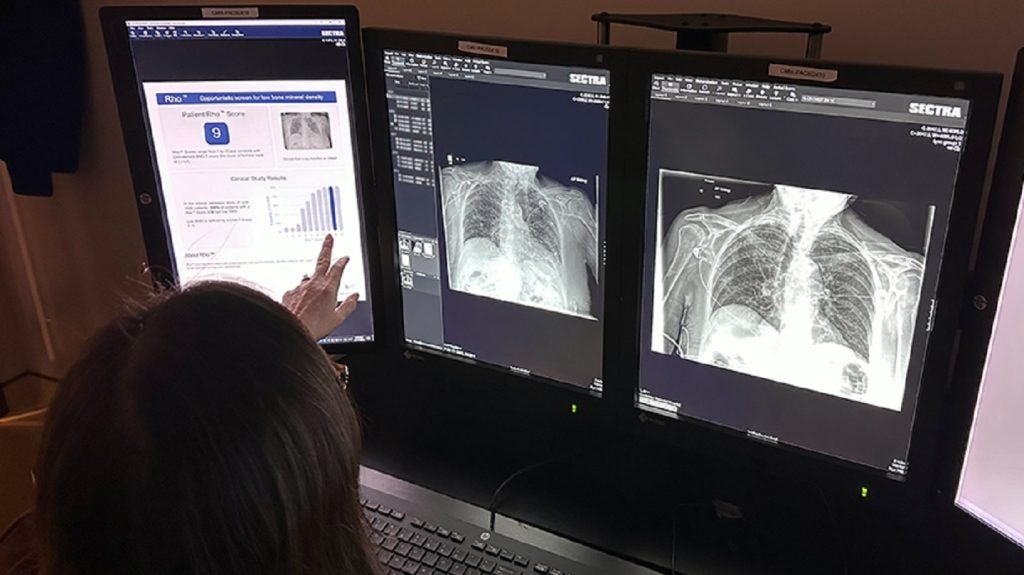The Care Quality Commission (CQC) has called for more work to be done to improve the safety of urgent and emergency care services at University Hospital Aintree and New Royal Liverpool University Hospital in Liverpool, UK.
Both hospitals are run by Liverpool University Hospitals NHS Foundation Trust.
The statement comes after the CQC, an independent regulator of health and social care in England, conducted an unannounced inspection of urgent and emergency care at the facilities.
This inspection followed enhancements made by the trust to address issues highlighted at a previous inspection, which included issues related to infection prevention and control, safe treatment and a lack of privacy and dignity when treating some patients.
The most recent inspection acknowledged improvements in urgent and emergency care services at the hospitals, but highlighted that more work should be done to boost safety.
In terms of urgent and emergency care services, the rating remained 'inadequate overall', while the overall rating of the hospitals was 'requires improvement'.
They remained rated as 'requires improvement' for effectiveness and ‘good’ for care services.
The new Royal Liverpool University Hospital replaces the current 1970s adjacent facility and includes 100% single en-suite bedrooms.
It offers haematology, lithotripsy, dermatology nephrology, nuclear medicine, renal transplantation and urology services among others.
University Hospital Aintree provides a range of services, including cardiology, general medicine, orthopaedics, ophthalmology and rheumatology.
The CQC recently raised concerns about the maternity services at Stoke Mandeville Hospital in Buckinghamshire, rating the services as ‘requiring improvement’, mainly due to safety concerns.
A review of the hospital launched by the regulator in June identified issues such as high staff vacancy, lack of confidentiality in triage and the location of a dedicated bereavement suite in a labour ward.
Despite these challenges, the CQC's review deemed that the service managed infection risks effectively and that its staff felt respected and supported.















